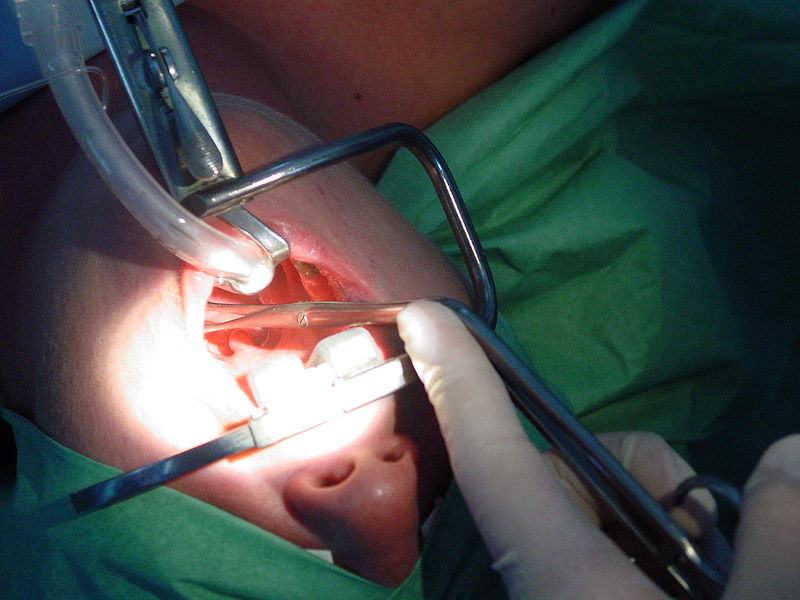 Removing a child’s tonsils is one of the most common childhood surgeries, and it is a 2000-year-old surgical procedure. A new study published in the journal Pediatrics links childhood obesity to tonsillectomies performed early in life. Natural News reports:
Removing a child’s tonsils is one of the most common childhood surgeries, and it is a 2000-year-old surgical procedure. A new study published in the journal Pediatrics links childhood obesity to tonsillectomies performed early in life. Natural News reports:
Analysis of the data showed that children whose tonsils had been removed (tonsillectomy) were 61 percent more likely to be overweight at age eight than children whose tonsils had not been removed, and 131 percent more likely to be obese. This statistic remained the same whether or not the adenoid glands were also removed (adenoidectomy), and after adjusting for possible complicating factors such as sex, birth weight, breast-feeding, smoking in the home, and maternal education, weight or smoking during pregnancy.
The study was conducted by the the National Institute for Public Health and the Environment in the Netherlands. The authors explain the relationship between the surgical procedure and weight gain:
How could (adeno)tonsillectomy and the development of overweight be related? We hypothesize that the period preceding surgery may be characterized by metabolic adaptation to a situation in which—because of frequent respiratory infections, poor appetite, poor sleep quality, or difficult breathing—the balance between energy intake and energy expenditure is insufficient to maintain healthy growth. When health is restored, owing to (adeno)tonsillectomy, this metabolic adaptation to catabolic conditions, may make healthy catch-up growth turn into the development of overweight. Parental inclination to overfeed a child who has recovered after a period of ill health and poor appetite, might also play a role and interact with this hypothesized metabolic mechanism.
Given the results, doctors recommend parents are given “dietary and lifestyle advice” following tonsillectomies.
Image: Wikimedia Commons under a Creative Commons License
Leave a Reply